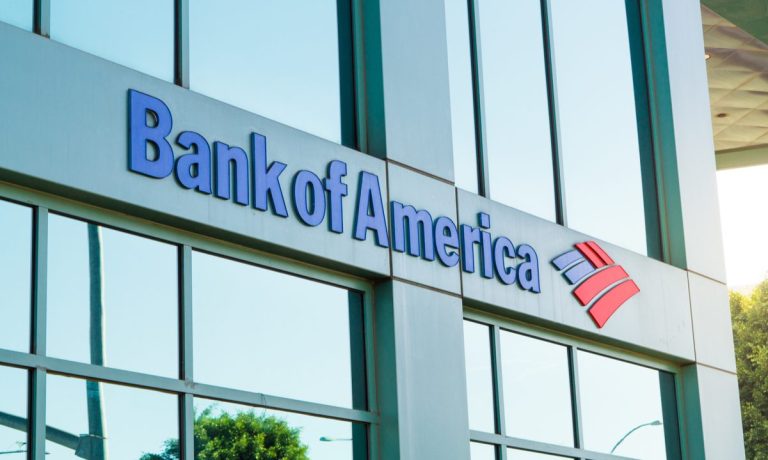Bank of America ‘Recipient Select’ Allows Consumer Payments Choice

Bank of America has rolled out a new solution allowing companies that pay consumers often to give their customers options on how to be paid, according to a press release. The feature is called Recipient Select.
The solution allows users to remove friction from business-to-consumer (B2C) payments, which are gaining in popularity among consumers, who expect faster and easier experiences, the release stated.
Recipient Select will be best for companies that make many payments to consumers. It will offer a “more seamless” experience and will not collect and store payment information. It will also cut down on errors via straightforward customer data validation, according to the release.
“Technology has brought tremendous diversity in payments, particularly in our personal lives where our expectations for speed and convenience grow every day,” said Bank of America Head of Emerging Payments in Global Transaction Services (GTS) Derrick Walton in the release. “Our corporate clients are facing pressure to address their beneficiaries’ payment preferences, and with Recipient Select, we’re arming them with a tool that can perform that function and give them a competitive edge.”
Meanwhile, Fernando Iraola, co-head of Global Corporate Sales GTS and head of GTS Latin America for Bank of America, said in the release that the company, which provides “trillions of dollars in payments” daily, has been aware of the importance of building trust through payments.
Recipient Select will go a long way toward helping to boost customer relations, he said per the release.
The Recipient Select program currently supports six payment methods for the U.S., including options like Zelle, PayPal, ACH and checks, according to the release. Payments to users outside the U.S. can be made through PayPal, cross-currency ACH or cross-border wire. More payment options will be added later.
Earlier this month, Bank of America addressed the trends of cryptocurrency and nonfungible tokens (NFTs), saying they were “too large to ignore.”
Read more: BoA Says Crypto, NFTs ‘Too Large to Ignore’